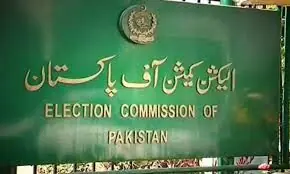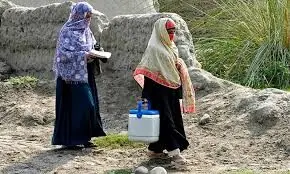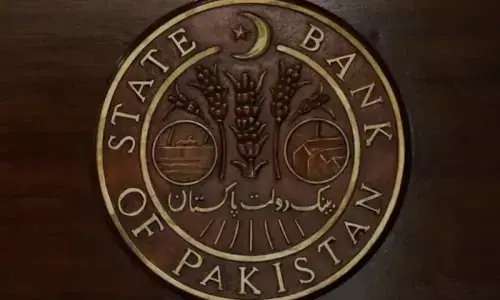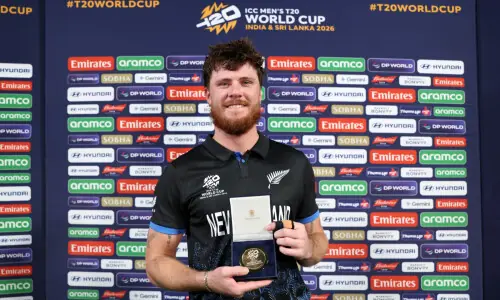ISLAMABAD: After a lengthy four hour meeting at General Headquarters, the Pakistan Army corps commanders came out with a statement "reaffirming support to democracy" and reiterating that the current stand-off between the PML-N led government and the Pakistan Tehreek-I-Insaaf (PTI), Pakistan Awami Tehreek (PAT) needed a political solution.
The meeting, which was headed by Chief of Army Staff (COAS) General Raheel Sharif, saw the corps commanders reject "further use of force" in the crisis, an Inter-Services Public Relations (ISPR) press release stated.
The commanders also expressed "serious concern" over the violent turn of events in the federal capital.
"The Army remains committed to playing its part in ensuring security of the state and will never fall short of meeting national aspirations," the press release stated.
Dawn.com learnt that General Raheel Sharif took the commanders into confidence over his meetings with Prime Minister Nawaz Sharif, PTI Chief Imran Khan and PAT Chief Tahirul Qadri last week.
The critical meeting, which was scheduled to be held on Monday morning, was pushed up to today in light of rapidly unfolding events.
The situation in Islamabad took on critical proportions after the clashes began late on Saturday and led to at least three reported deaths and countless injuries by Sunday night.
An apolitical army, for now
The meeting of the army commanders has a serious bearing on the prevailing scenario, given the fact that the military had engaged in 'mediating' the crisis between the government and PAT, PTI.
The Army's message in support of the political process comes at a time when speculation is rife that the current crisis is being steered by, or has tacit approval from the powerful military establishment. The conclusions of the corps commanders meeting today will, for the moment, help in allaying fears of military intervention in the crisis.
Multiple events earlier in the week had suggested that the army and the government were not on the same page with regards to the PTI, PAT protests.
First the the government was left reeling from the blowback of asking the military to step in to alleviate the prevailing political crisis. Then a second jolt followed when the ISPR clarified that it was the government that had asked General Raheel Sharif to “facilitate” negotiations with the protesting parties, when Prime Minister Nawaz Sharif had seemingly stated the exact opposite in the National Assembly.
The events revived concerns about the conventional issue in Pakistani politics: competition for power between the military and civilian leaders. The new statement from today's meeting however, suggests the army remains apolitical, despite its direct involvement in the current crisis.

































